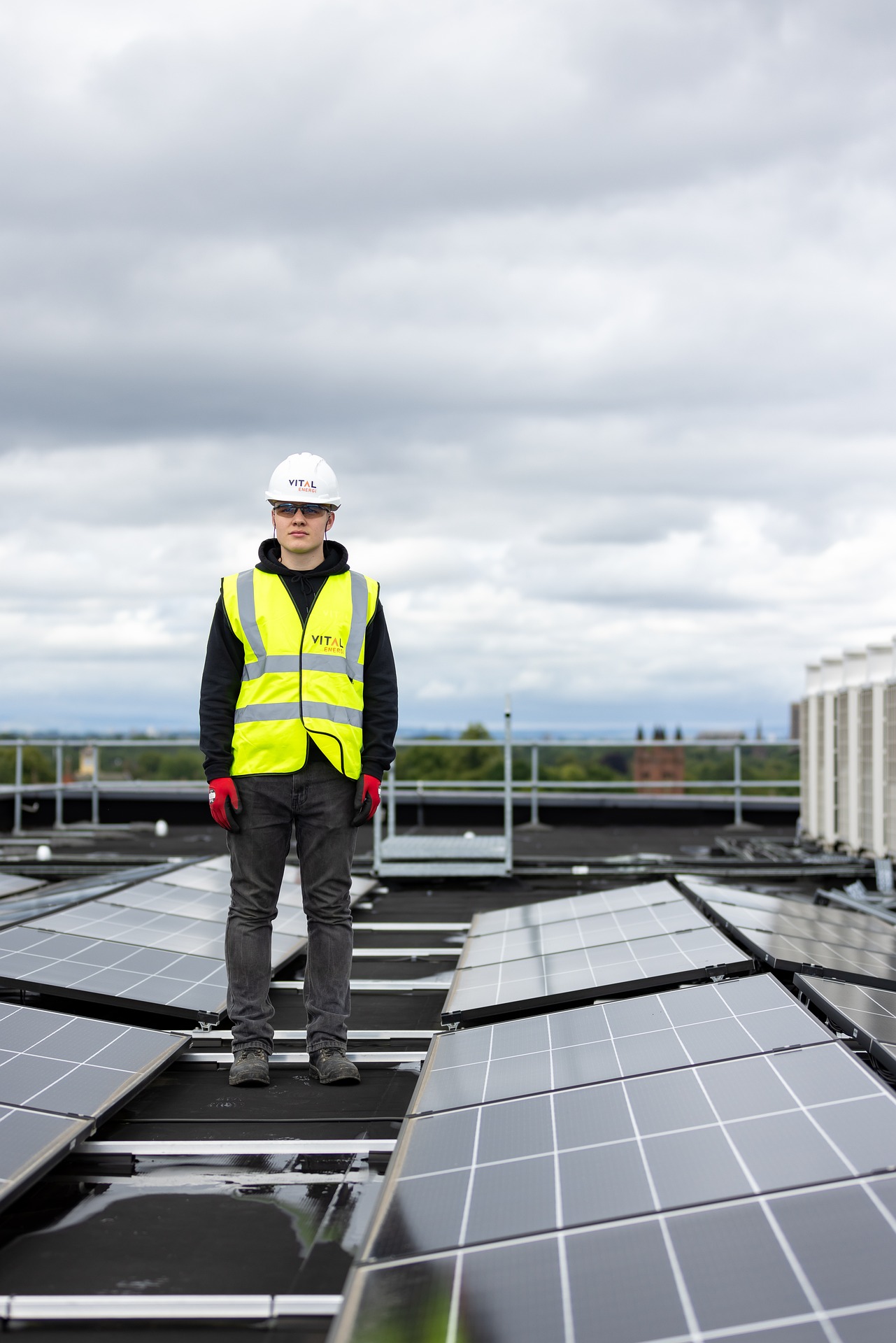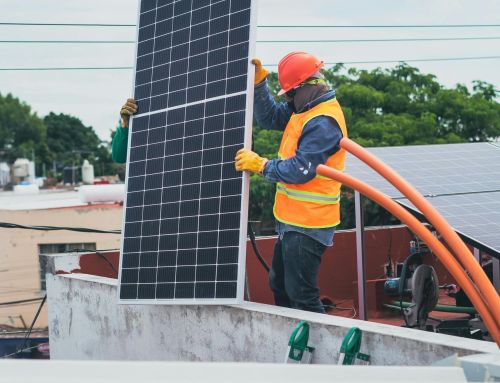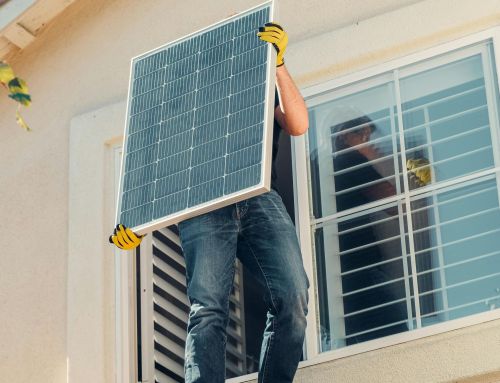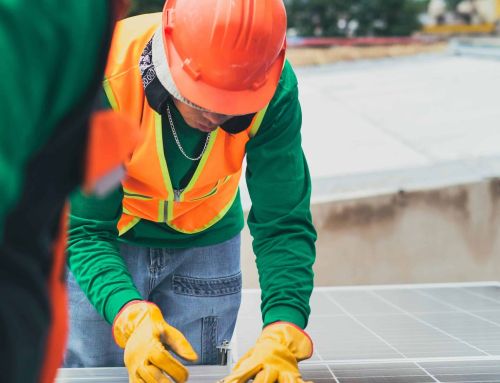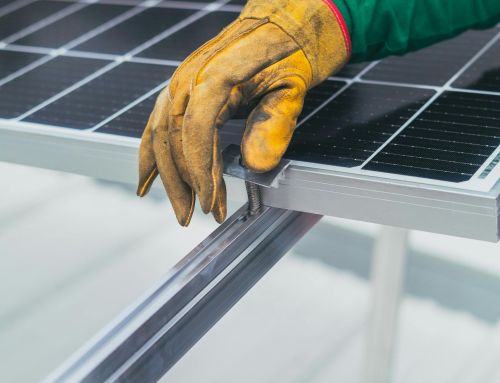Alright, let’s chat about solar panels and batteries, specifically their lifespan. It’s a question we get asked a lot, and for good reason – investing in solar energy is a big decision, and you want to know your investment will stand the test of time. So, how long do solar panels and batteries last? Let’s dive in!
Solar Panels: Durable Workhorses of the Sun
Let’s start with the stars of the show – the solar panels themselves. These trusty companions are built to withstand the elements, from scorching summer days to Auckland’s occasional downpour. But how long do solar panels last? The good news is, they’re remarkably durable:
Industry Standard
Typically, solar panels come with a lifespan of 25 to 30 years. That’s a significant chunk of time, ensuring your panels continue converting sunlight into clean electricity for decades to come.
Performance Warranty
Most manufacturers offer a performance warranty alongside the lifespan warranty. This warranty guarantees a minimum level of power output for a specific period, usually around 25 years. So, even as the panels age slightly, you can be confident they’re still performing admirably.
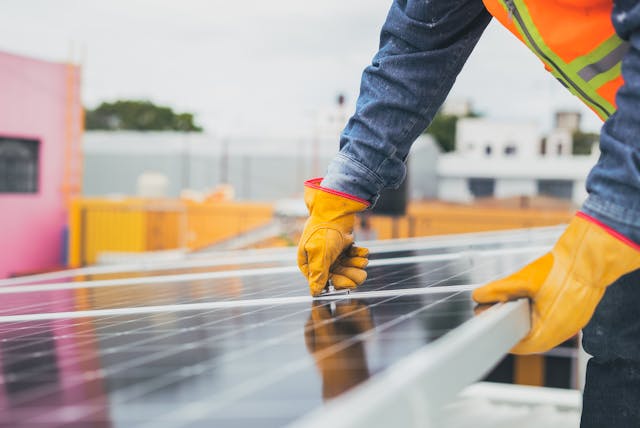
Factors Affecting Lifespan
Several factors can influence the lifespan of your solar panels:
- Quality: Opting for high-quality panels from reputable manufacturers is an excellent first step towards ensuring a long and productive lifespan.
- Installation: Proper installation is crucial. A well-installed solar system will not only perform optimally but also be better protected from the elements.
- Environment: While Auckland’s climate is generally mild, extreme weather conditions like hail or excessive heat can impact panel performance over time.
So, How Long Do Solar Panels Last in Reality?
While the industry standard suggests a 25 to 30-year lifespan, the reality is that high-quality solar panels, well-maintained and installed, can often exceed these expectations. Some reports even suggest they can last as long as 40 years!
Solar Batteries: Powering You Through the Night
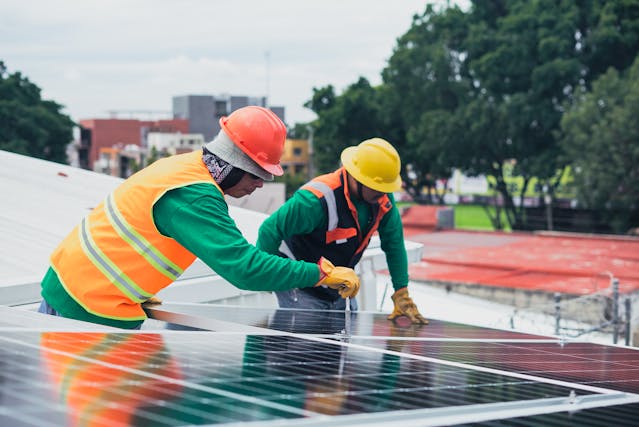
Now, let’s talk about the other crucial component of your solar system – the battery. Batteries store excess solar energy generated during the day, allowing you to use it at night or during times of low sunlight. But how long do solar batteries last? This one’s a bit more nuanced:
Typical Lifespan: Residential solar batteries typically have a lifespan of 5 to 15 years. This depends on the type of battery technology used and how frequently you cycle it (discharge and recharge).
Understanding Battery Cycles: Each time you discharge and recharge your battery, it goes through a cycle. The higher the number of cycles, the greater the impact on the battery’s capacity.
How Long Does a Solar Battery Take to Charge?
The time it takes for your solar battery to charge depends on several factors, including:
- Size of your solar panels: Larger solar panel systems will generate more electricity, potentially charging your battery faster.
- Battery capacity: The larger the battery capacity, the longer it will take to charge fully.
- Sunlight conditions: Sunny days will naturally charge your battery faster than cloudy days.
Maximising Your Battery Life
By taking some simple steps, you can extend the lifespan of your solar battery:
- Partial Discharges: Aim for partial discharges (using 20-80% of the battery’s capacity) rather than full discharges.
- Avoid Extreme Temperatures: Just like us humans, batteries don’t like extreme temperatures. Try to keep your battery in a cool, well-ventilated area.
- Monitor Your System: Most solar systems come with monitoring tools that allow you to track your battery’s health and performance.
Making an Informed Decision: Beyond Lifespan
While lifespan is an important factor, it’s not the only one to consider when making your solar investment decision. Here are some additional things to keep in mind:
- Technology Advancements: The world of solar technology is constantly evolving. Newer battery technologies might offer longer lifespans or improved performance in the future.
- Cost Considerations: The initial cost of batteries can be higher compared to solar panels. However, falling battery prices and the benefits of energy independence make them a valuable investment for many homeowners.
- Your Energy Needs: Consider your household’s energy consumption and how much backup power you require. If you have a large family or rely heavily on appliances during off-peak hours, a battery storage system might be a worthwhile investment.
Conclusion
By understanding how long do solar panels and batteries last and considering the factors beyond lifespan, you can make an informed decision about your solar investment. Remember, solar energy is a long-term investment in a sustainable future. With proper care and maintenance, your solar system can provide you with clean, reliable energy.

